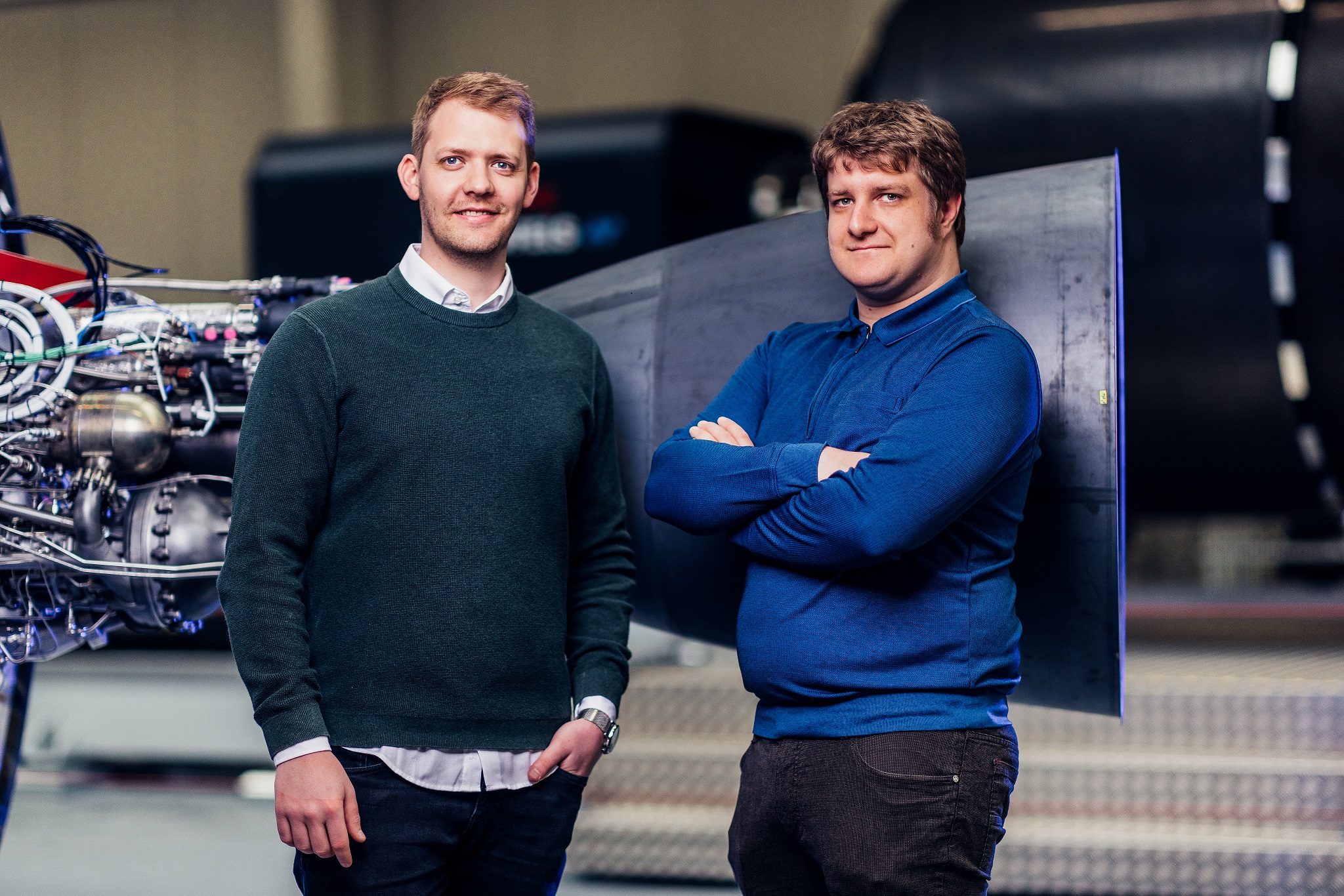German start startup Isar Aerospace has scored $165 million (€155 million) in new funding as it races toward the inaugural flight of its Spectrum tiny rocket later this calendar year.
The company, founded in 2018, is one of a handful of European startups looking to fill the gap in the start industry on that continent. There are just two European rockets traveling today: the significant-elevate Ariane 5, constructed by ArianeGroup, and Italian aerospace business Avio’s Vega start auto.
But Isar CEO Daniel Metzler told TechCrunch that European governments are waking up to the geopolitical and financial upsides to sovereign start abilities.
“If you acquire a glimpse at the European Union, even Germany itself, there is a robust aim on the automotive market. [The space industry] is a big option at the same time to establish up yet another cost-effective pillar that can be extremely profitable,” he said.
Isar’s funding history displays this escalating overlap among community and non-public interest. This most latest Sequence C spherical was led by buyers which includes 7-Industries Holding, Bayern Kapital, Earlybird Venture Cash, HV Capital, Lakestar, Lombard Odier Investment decision Managers, Porsche SE, UVC Partners, and Vsquared Ventures. Portion of these funds are backed by the EU and systems managed by the European Investment decision Fund past year, Isar also received a $11.3 million (€10 million) prize from the European Fee.
Isar is getting a extensive-phrase technique, Metzler said. This contemplating is crafted into the company’s determination to be thoroughly vertically integrated, its automatic, mass-producing approach, and the design of the start autos. The firm is betting that some investments – in the vertical integration, for example – will ultimately have a large pay back off, even if that pay off is not understood for the first 5 or even 10 vehicles.
“I imagine that you can be much less expensive if you’re actually entirely vertically integrated, if you know how to do it,” Metzler explained. “I believe one of the significant motorists previously for us early on was scalability. We required to not just create a person or two cars a 12 months but tens of vehicles per year. In that circumstance, particularly with additional and more units for every year, it definitely begins spending off if you in fact do it on your own.”

Isar Aerospace co-founders Daniel Metzler and Josef Fleischmann. Resource: Isar Aerospace
Entire vertical integration has had other benefits far too, like staying capable to simplify the vehicle’s design and generating extra of a buffer in opposition to ongoing provide chain challenges dealing with other room companies, he included.
The business will be traveling five buyer payloads on its very first mission, which is scheduled for the second 50 percent of this 12 months from Andøya, Norway. Isar signed an arrangement with the place port, Andøya Space, for special use of one of its launch pads for up to 20 a long time.
Isar has also inked firm contracts with a amount of customers for long run launchers. Those customers span more compact startups, like OroraTech, a German house-primarily based wildfire detection developer, and French electric powered propulsion startup Exotrail, as perfectly as huge corporates like Airbus Defence and Room. Isar’s very first American shopper is rideshare broker Spaceflight Inc., for a devoted mission in 2026.
The firm has additional work to do just before the initial launch – the future significant milestone is integrated phase testing – but Metzler reported he’s emotion beneficial about the progress. The corporation current disclosed on Twitter that it experienced operate 124 very hot fireplace checks of its Aquila rocket engine above a one particular yr interval, an encouraging indicator that the rocket is coming together.
Isar is not the only European startup searching to choose a slice of the burgeoning European launch marketplace. The company is competing against fellow upstarts Rocket Manufacturing unit Augsburg in Germany, as perfectly as Orbex and Skyrora in the United Kingdom, and a handful of others.
Metzler’s hunch is that the competitiveness will be steep.
Hunting even 5 or 10 a long time down the line, there may well only be around 8 main start players spread across the environment, he mentioned. “Probably you are going to have 3 to four gamers in the U.S., it’s possible two gamers or so within Europe, possibly a different two within Asia. That would be my guess.”
“It’s not that lots of,” he added. “But search, if you divide the entire market globally for launch expert services by seven, eight firms, it’s a incredibly beneficial organization for those seven, 8 firms.”

